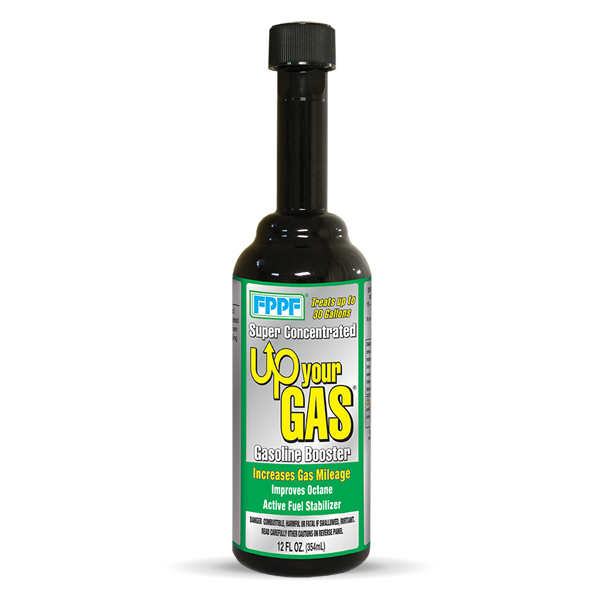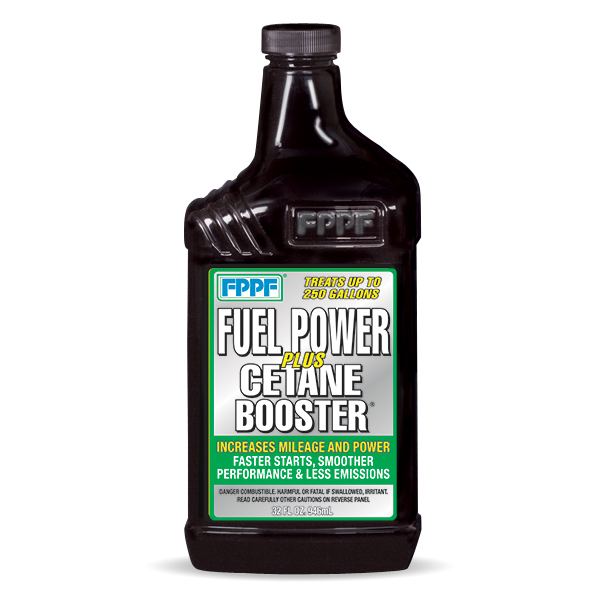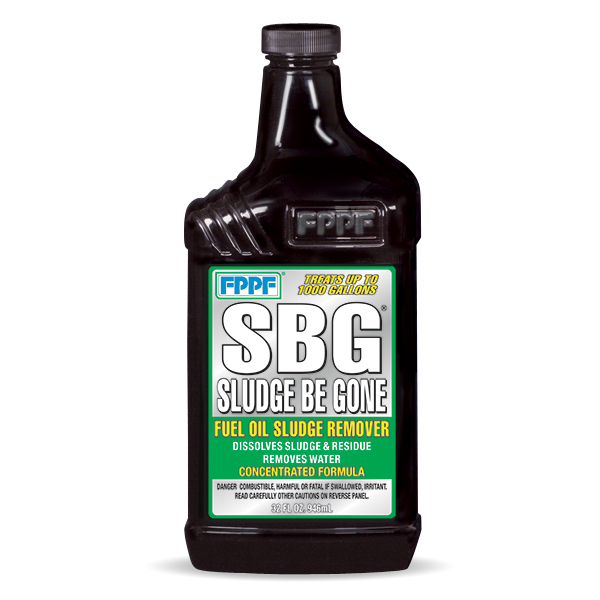fuel additive Company

The Different Types of Fuel Treatment and Which is Right for Your Vehicle
Fuel treatments are a widely varied range of products that help keep your engine running clean and efficiently. Did you know using fuel treatments regularly can help your vehicle perform at its best? From improving fuel economy to reducing engine wear, fuel treatments work hard to give you the most out of your vehicle. In this blog, we will explore the different types of fuel treatments available on the market and how they work. We will also discuss the benefits of fuel treatments and outline situations where you should use a fuel treatment.
How fuel treatments work
Fuel treatments are a popular way to maintain the performance and efficiency of engines. Fuel treatments work by adding specific chemicals to gasoline or diesel fuel, which can help to clean and lubricate the engine’s components, improve fuel efficiency, and reduce harmful emissions.
Different fuel treatments are available in the market, and they all work differently based on their chemical composition. Some of the most common ingredients found in fuel treatments include detergents, lubricants, and stabilizers.
Another way that fuel treatments work is by reducing harmful emissions. Many fuel treatments contain additives that can help reduce the number of pollutants emitted from the engine. These additives work by cleaning the engine’s combustion chamber, which can help reduce the number of harmful gases released into the atmosphere.
What are the benefits of fuel treatment?
Fuel treatment is adding specific chemicals to gasoline or diesel fuel to improve engine performance, protect the fuel system, and reduce emissions. Here are some of the most significant benefits of using fuel treatment:
- Improved Engine Performance: Fuel treatments can help clean the fuel system and remove any build-up or deposits hindering the engine’s performance. This results in better engine performance, improved acceleration, and smoother operation.
- Increased Fuel Efficiency: Fuel treatments can improve fuel efficiency by cleaning the fuel injectors, reducing engine deposits, and adding lubrication to the engine components. This can result in better gas mileage, saving money on fuel costs over time.
- Reduced Emissions: Fuel treatments can help to reduce emissions by improving the combustion process in the engine. By lowering engine deposits and cleaning the fuel system, fuel treatments can lead to a cleaner burn and lower levels of pollutants released into the air.
- Protecting the Fuel System: Fuel treatments can help protect the fuel system from corrosion and other damage. They can also help prevent fuel breakdown and oxidation, which can cause fuel to lose its effectiveness over time.
- Prolonging Engine Life: By keeping the fuel system clean and lubricated, fuel treatments can help extend the engine’s life. They can also prevent engine damage by reducing deposits and wear and tear on engine components.
- Cost-Effective: Fuel treatments are affordable to improve engine performance, increase fuel efficiency, and reduce emissions. They can help avoid expensive repairs by protecting the fuel system and prolonging engine life.

Types of Fuel Treatment
Fuel treatments are added to gasoline or diesel fuel to improve engine performance, protect the fuel system, and reduce emissions. Several types of fuel treatments are available, each with its specific set of benefits. In this blog post, we’ll explore some of the most common types of fuel treatments.
- Fuel Injector Cleaners: Fuel injector cleaners are one of the most popular types of fuel treatments. They contain detergents that help to remove deposits and build-up in the fuel system, including the fuel injectors, carburetors, and intake valves. Fuel injector cleaners can improve fuel efficiency, reduce emissions, and restore lost power.
- Octane Boosters: Octane boosters are fuel treatments designed to increase the octane rating of gasoline. The higher the octane rating, the more resistant the fuel is to pre-ignition or knocking. Octane boosters can improve engine performance, reduce engine knock, and prevent damage.
- Fuel Stabilizers: Fuel stabilizers are additives that help prevent fuel breakdown over time. When gasoline or diesel fuel sits for an extended period, it can break down, causing it to lose effectiveness. Fuel stabilizers work by preventing this breakdown, which can help to ensure that fuel remains effective over a more extended period.
- Fuel System Cleaners: Fuel system cleaners are similar to fuel injector cleaners, but they are designed to clean the entire fuel system, including the fuel tank, fuel lines, and fuel pump. Fuel system cleaners can improve fuel efficiency, reduce emissions, and restore lost power.
- Diesel Additives: Diesel additives are fuel treatments specifically designed for diesel engines. They can help to clean the fuel system, improve fuel efficiency, reduce emissions, and prevent engine damage. Diesel additives often contain lubricants that help to protect the engine’s components and to avoid wear and tear.
- Ethanol Stabilizers: Ethanol stabilizers are additives designed to protect gasoline containing ethanol from breaking down. Ethanol is commonly used in gasoline as an oxygenate to reduce emissions, but it can also cause gasoline to break down more quickly. Ethanol stabilizers can help to prevent this breakdown and ensure that gasoline remains effective over a more extended period.
When should you use a fuel treatment?
Fuel treatments can be used to maintain and improve the performance of your vehicle’s engine. Here are some situations when you may want to consider using a fuel treatment:
- Regular Maintenance: Adding a fuel treatment to your vehicle’s fuel tank as part of your normal maintenance routine can help to keep your engine running smoothly. Regular fuel treatments can help prevent the build-up of deposits in the fuel system, leading to decreased engine performance and fuel efficiency.
- Engine Trouble: If your engine is experiencing issues such as rough idling, hesitation, or reduced power, a fuel treatment may be able to help. Fuel treatments can help to clean the fuel injectors, remove engine deposits, and improve combustion, which can help to restore engine performance.
- Before a Long Drive: If you’re planning a long road trip or drive, using a fuel treatment can help ensure your engine is running at its best. Fuel treatments can improve fuel efficiency and engine performance, which can be beneficial when driving long distances.
- After Long-Term Storage: If your vehicle has been sitting unused for an extended period, such as over the winter months, using a fuel treatment can help ensure your engine runs smoothly when you start it up again. Fuel treatments can help to prevent fuel breakdown, which can occur when fuel sits for a long time.
- Changing Fuel Type: If you’re switching to a different type of fuel, such as switching from regular gasoline to ethanol-blended gasoline, using a fuel treatment can help to prevent any issues that may arise from the change in fuel composition.

Fuel treatment for different types of vehicles
Fuel treatment products are available for various vehicles, including cars, trucks, motorcycles, boats, and other vehicles. Different vehicles have different fuel systems, engines, and requirements, so selecting the right fuel treatment for your vehicle is essential. Here’s a look at some of the different types of fuel treatments available for different types of vehicles:
- Cars: Fuel treatment products for cars typically include fuel injector cleaners, fuel system cleaners, and octane boosters. These products can help to improve fuel efficiency and engine performance and reduce emissions. They are also designed to be safe for modern fuel systems, including those with direct injection.
- Trucks: Trucks typically have larger engines and fuel systems than cars so they may require more potent fuel treatments. Diesel fuel additives are popular for trucks and can help to improve fuel efficiency, reduce emissions, and prevent engine damage. Fuel system cleaners and injector cleaners can also be beneficial for trucks.
- Motorcycles: Motorcycles have smaller fuel systems than cars and trucks so they may require fuel treatments specifically designed for motorcycles. Motorcycle fuel treatments often contain more detergents and cleaning agents to remove deposits and improve engine performance.
- Boats: Boats typically run on gasoline or diesel fuel, and marine fuel treatments are available for both fuel types. Marine fuel treatments can help to protect the fuel system from corrosion and prevent fuel breakdown. They can also help to improve engine performance and reduce emissions.
- Small Engines: Small engines, such as those used in lawnmowers, generators, and other equipment, may require fuel treatments designed specifically for small engines. These products can help to clean the fuel system, reduce engine deposits, and improve engine performance.
Conclusion
In conclusion, using a fuel treatment can be an effective way to maintain and improve the performance of your vehicle’s engine. Several different types of fuel treatments are available, each with its specific benefits and uses. Choosing the right fuel treatment for your vehicle requires considering factors such as the type of fuel, engine type, performance needs, brand reputation, and price.
FPPF Chemical Company offers a range of fuel treatment products designed to meet the unique needs of different types of vehicles and engines. Their products are backed by years of experience and a commitment to quality, so you can trust that you’re getting the best possible performance and protection for your vehicle.
